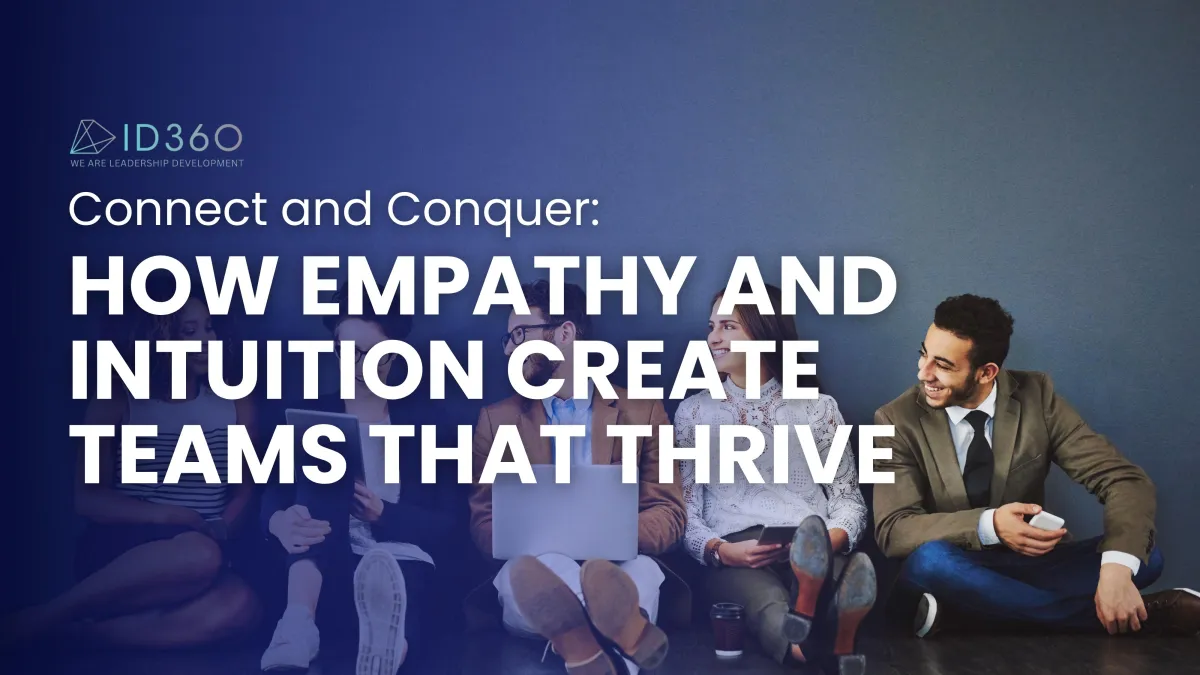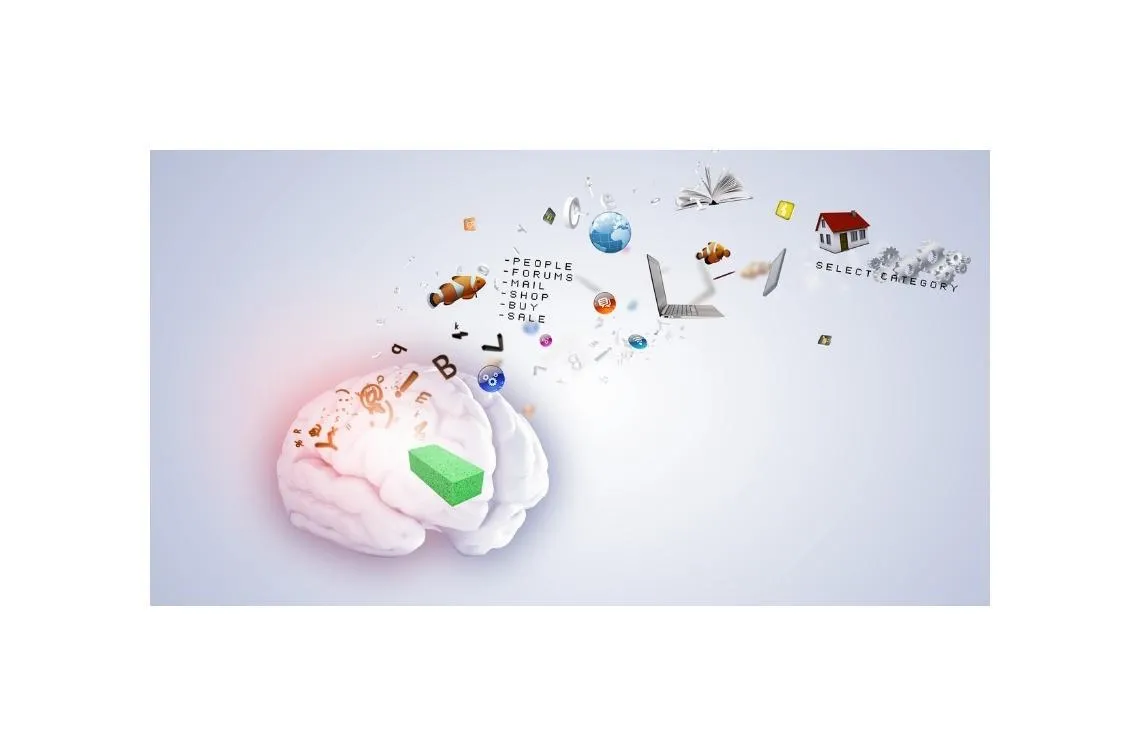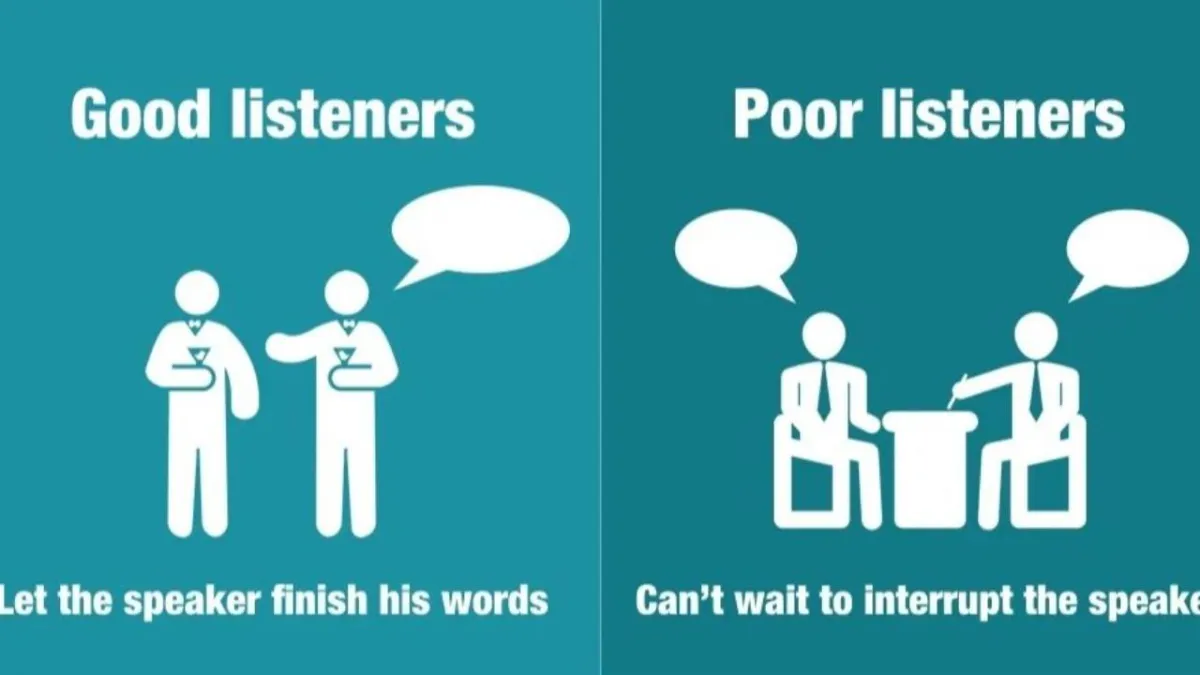Connect and Conquer: How Empathy and Intuition Create Teams That Thrive
Ready to transform your team's dynamic? Learn how empathy and intuition can elevate your team's success.

Ready to transform your team's dynamic? Learn how empathy and intuition can elevate your team's success.

From active listening to setting clear goals, our latest blog offers practical tips and real-life examples that can transform your team's dynamics.

Transform your workplace landscape and unlock the potential of your workforce! Today's employees seek more than just a paycheck; they crave a fulfilling experience aligned with their values and aspirations.

Have you ever wondered where the term “being green” comes from? The phrase is thought to have originated from the idea of a green plant or tree, which is new and not yet fully grown or developed. This phrase is also associated with the color green which is often associated with growth and inexperience. And of course, a sponge absorbs liquid. I love the analogy of us absorbing new information and ideas! So what could be better than being a green sponge? That is exactly what I was… I’m 22 years old and watching a speaker, thinking, “I want to be just like her. What can I learn? What do I need to do?” I practically run over people as she finishes so that I can beg her to mentor me. I find one mentor after another. Anyone who has done anything that I can learn from. I am so green and I’m absorbing like a sponge!

Isn’t it wonderful when someone really hears you? When they hear your words and your feelings? Doesn’t it feel great when the conversation doesn’t become about the other person when you’re sharing?

Copyright © 2023 • ID360, Inc. • All Rights Reserved
Privacy Policy | Terms of Service
